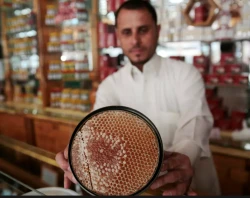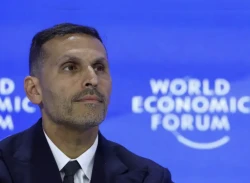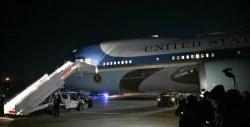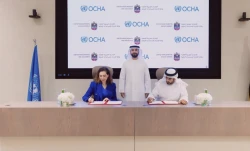Frankly Speaking: Terror threat won’t deter British investment expansion in the Middle East, UK trade official says
- 2022-02-07 01:08:03
 Pierre Rayer: Art, Science, and Happiness: The Universal Mission of Transmission to Future Generations through Patronage at the Louvre Abu Dhabi
Pierre Rayer: Art, Science, and Happiness: The Universal Mission of Transmission to Future Generations through Patronage at the Louvre Abu Dhabi Ahly crowned Super champions after dramatic extra-time win over Modern Future FC
Ahly crowned Super champions after dramatic extra-time win over Modern Future FC Yemeni Honey..A Development Wealth Threatened By Conflict And Climate Change
Yemeni Honey..A Development Wealth Threatened By Conflict And Climate Change UAE Humanitarian Initiative Provides Clean Water to Thousands in Northern Gaza"
UAE Humanitarian Initiative Provides Clean Water to Thousands in Northern Gaza" Terrorists Kill Eleven Police Officers in Burkina Faso
Terrorists Kill Eleven Police Officers in Burkina Faso Mubadala targets opportunities in AI and robotics, CEO says
Mubadala targets opportunities in AI and robotics, CEO says Air Force One Forces Trump To Delay Davos Trip
Air Force One Forces Trump To Delay Davos Trip UAE contributes $5 M to support humanitarian response in Sudan
UAE contributes $5 M to support humanitarian response in Sudan
